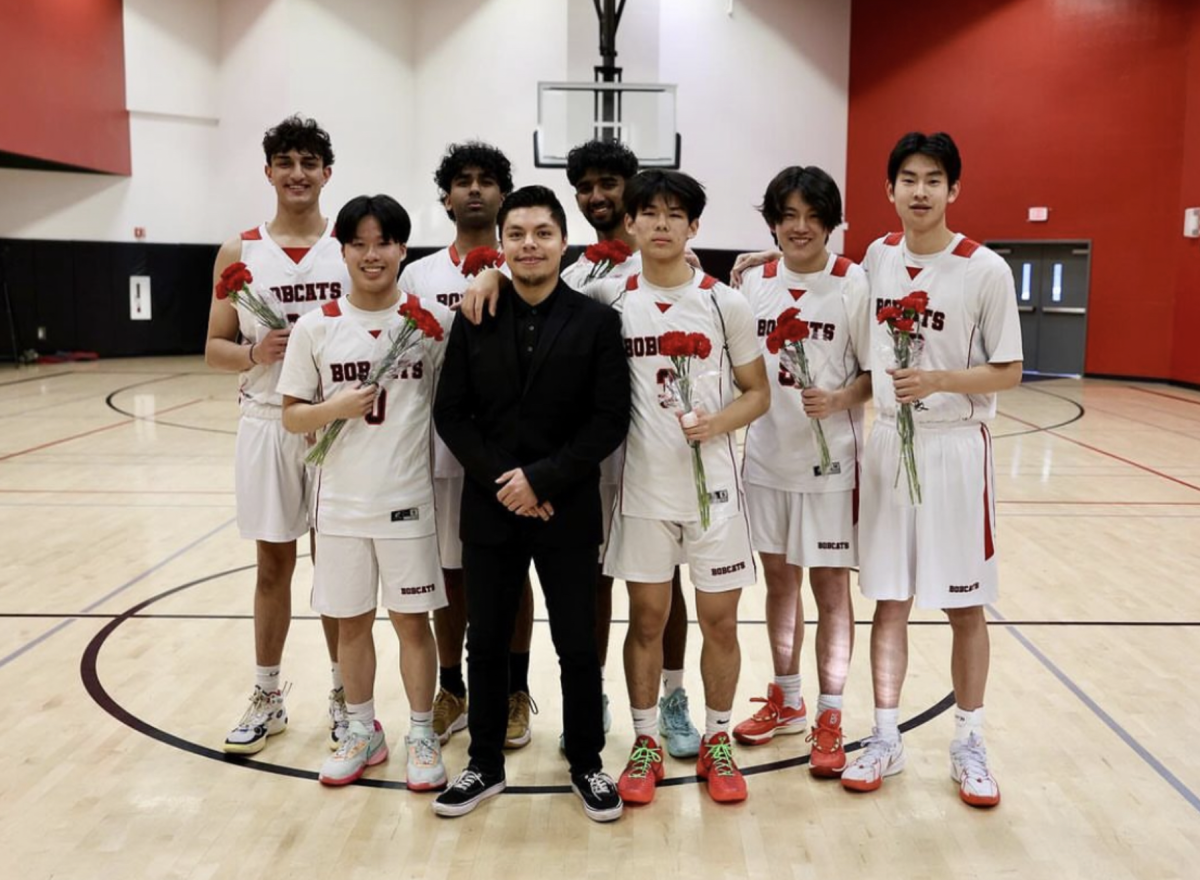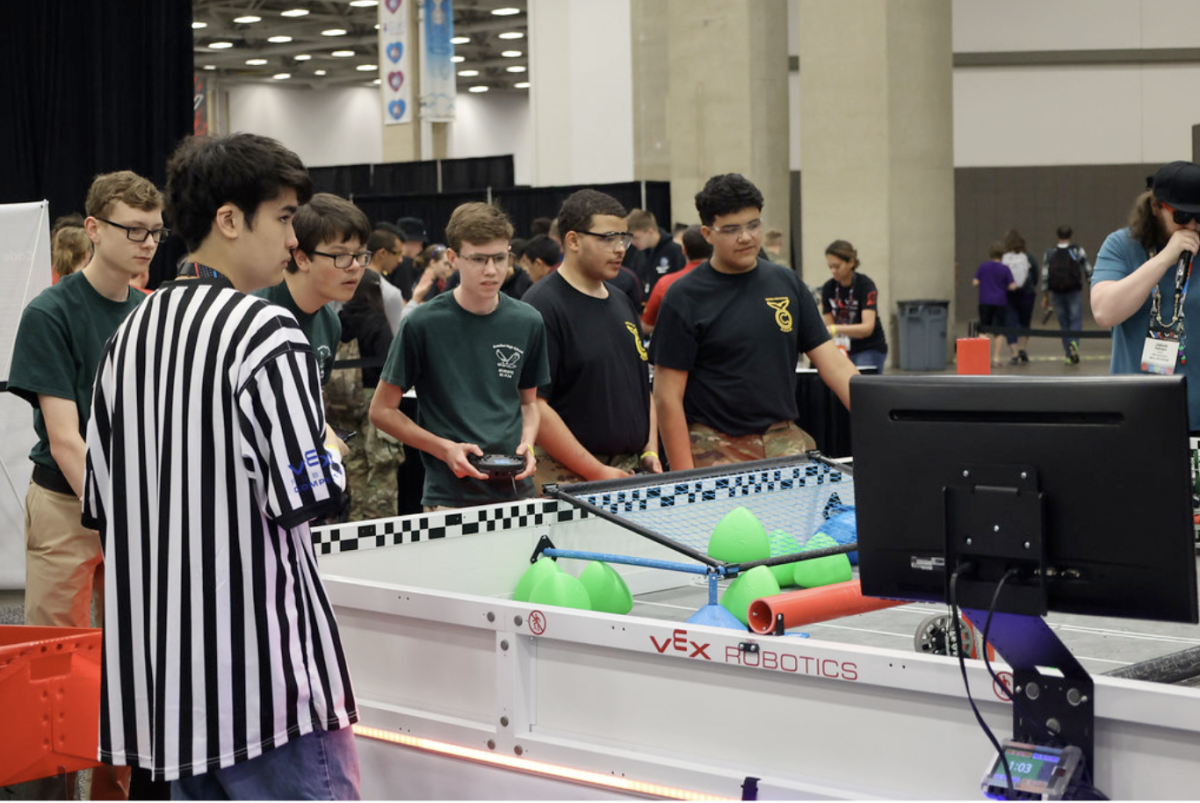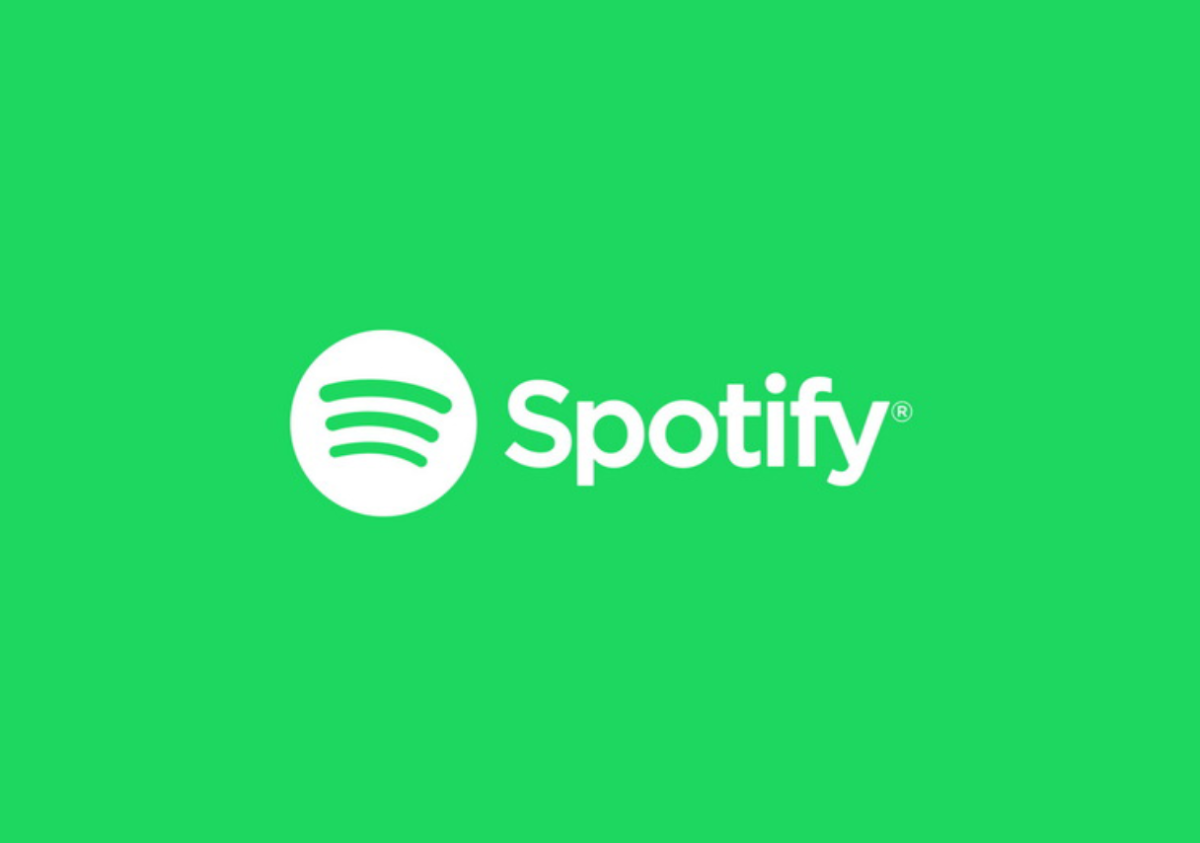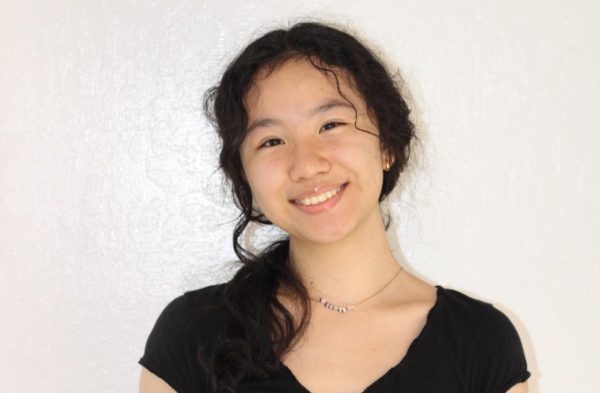Disclaimer: This interview consists of opinions based on different experiences from different students. While this publication may be used to gain some insight into the college app process, please remember that there is no “perfect formula” for getting into college and college applications vary by person. What works for one person may not work for another! Use your best judgment when taking advice from these interviews.
All interviews with The Quill are done with permission from the students. In order to protect their privacy, they may opt to be anonymous or just use their initials.
Alina: Here with Ivan!! How are you feeling?
Ivan: I feel like I have less of a burden now. I feel very relieved, and I have a lot of time to do other things.
Alina: What other things?
Ivan: Study for USABO..
Alina: How’s USABO?
Ivan: So how you get start is you di– First, you legally obtain a pdf of a textbook called Campbell Biology, legally obtain it. And then you read the entire book, twice, and take notes, preferably on an iPad. And I made flashcards, which I don’t think was necessary, but since I’m in Science Bowl, I need flashcards. The big Science Bowl competition’s next next weekend at Stanford, it’s called the SLAC.
Alina: How’s Science Bowl?
Ivan: I really got into it because of Derrick (BISV alumnus), I think, in 9th grade. Science Bowl is more focused on facts and random terms while USABO is more like AP Bio where you have to learn how, say, photosynthesis works. But for Science Bowl, you just have to memorize the molecules, you normally don’t have to know how everything works. You’d memorize like G3P, my favorite molecule. [LOL] You’d memorize that you’d have this enzyme, and it cleaves this. But usually, the skills are interchangeable, so people who do well in Science Bowl do well in USABO, and vice versa.
Alina: So would you be prepped for USABO after taking AP Bio?
Ivan: Well, I think it’s a diminishing margin of utility, diminishing margin of returns. [Alina: LMAO okay okay] Well, I think the more you study, the less progress you see. So after AP Bio you can probably get a decent score on USABO, and you can guess your way through. Average is around 17-18/50 points for 50 questions. So I think the higher scores, like good scores, are around 20.
Alina: Any important extracurriculars you’d like to share?
Ivan: I guess, Little Grass Foundation. I started it in 10th grade, and it’s a non-profit. We coach little kids in sports, and we’ve coached over 300 kids over different sites. We’ve gotten a lot of BISV kids this year, of course. [Alina: Of course.] I used to not recruit BISV kids because I thought they wouldn’t be interested, but then I really needed a basketball position [Alina: Oh yeah] so I ended up recruiting a lot of people here, like way more than five. And chess coaches and volleyball coaches as well.
I started Little Grass because after the pandemic, all the kids were stuck inside and I was playing volleyball, and then I was like, how do I take volleyball to the next level. Because I don’t want to only play it, because it’s a lot of time I spend on it but not a lot of return, not D1, not even D3. So you know, I started coaching little kids, and I think also, you get volunteer hours, and we’re certified to give the Presidential Service Award. Right now, most logistics is done by me and some parents, because I don’t think a minor can file taxes, right. A minor can’t even be on the board, so the parents have to be involved. Something notable to remember is that you have to expect your parents to help out in these cases, like I’m not going to take all the credit. All the payments, donations, go through parents, not me. I found people through connections, mostly. When we were small, we branched out from different schools, so a lot of it is determined by your determination. We posted flyers in our neighborhood communities, very nearby, to promote.
Alina: Any other passions or extracurriculars [he does Econ too]?
Ivan: Yeah I run the NEC [National Economics Challenge] club; this year I think we have a lot of expectations to live up to, because last year we got second in Norcal. This year we sort of have higher expectations, because the team that beat us last year doesn’t want to do it this year, because they’re all seniors, right. This year the goal is getting as many teams as possible into some sort of competition right now. So we’re participating in obviously NEC, the National Economics Challenge, and the Northwestern Economics Tournament, NET, and then we have the Harvard Pre-Collegiate Economics Competition. We also participate in Econ Bowl, which I didn’t do because it conflicted with Science Bowl, but. We learned a lot of econ stuff, and trivia, because NEC loves talking about those.
[door opens] I feel like I saw at least the same two people come up and down at least two times. [Alina: LOL yeah]
Last year I participated in LaunchX, a business summer program. I decided to help them interview their participants, and I get paid..below minimum wage. [laughter] They’re based in the east coast. I could do two interviews per hour, and I learned a lot about how to interview and how to not interview in these things. Because on the interview you want to focus on stuff you don’t have on the application, and a lot of it is extracurriculars.
Alina: Have these helped you in college apps?
For college apps, these definitely helped with my personal statement. I think I wrote like three different drafts on different topics, and one of them was on Little Grass Foundation, but I only think I ended up using it for like one college. But it’s still useful, like writing college essays helps with knowing what to highlight.
Alina: Would you say the SAT/ACT is helpful?
Ivan: Didn’t Ms. McCollum say it’s the “cherry on top”? So you don’t really need to have it, but having it is like a cherry. I don’t see the point in taking it again if you have a score over 1550 because chasing after a perfect score is not worth your time. A lot of colleges don’t focus too much on these, and even if they focus on academics, the SAT isn’t one of the main things. So I think definitely have a good SAT/ACT score, but it’s not worth chasing after a high one because it’s not going to make much of a difference.
Alina: What about summer programs?
Ivan: For summer programs, I think the same thing. Don’t just chase after the ones that are really selective, like RSI, RMP… [Alina: SSP [the Summer Science Program]] Yeah. They’re really random, like college applications. But it’s ultimately what you do over the summer that’s meaningful. Obviously, you can spend like $10,000 to do a summer program at Wharton [Alina: Ahem, ahem.] which I definitely did not do obviously. [Alina: Two times!] Yeah, a lot of money going into Wharton, LOL. I feel like what you do over the summer is more meaningful than summer programs; I think summer programs are nice, it’s just if you can afford it. But it’s the meaningful stuff [that matters], like if you’re at a summer program and doing lots of research, that’s great, write about it. But if you don’t have the opportunity or maybe you didn’t get into that research summer program, do something at home that’s meaningful that you’re able to reflect or write upon. Just taking value out of the stuff you have currently. I don’t think having just prestigious summer programs will be enough to get into good colleges all the time.
Alina: Any advice for high schoolers? For people starting college apps?
Ivan: Entering high school, you gotta know your course progression. I think it’s great [to know] what to take every year in high school ahead of time, especially because I fell victim to this. So it’s good to plan ahead so you don’t take an AP twice… It’s good to know beforehand what language to take—like, “oh, if I’m taking French, do I want to take the AP in junior year?” It’s okay to change and you don’t need to know, like, “oh, I’m going to be a doctor when I grow up,” but it’s good to know what to do and take in high school. I think also, the college counselors give you this spreadsheet and you want to make a copy of it. You wanna note down everything you do in your extracurriculars because I remember writing college apps and being like “how many hours did I spend on this last summer?” Like I just don’t remember, I have nothing to show, like “okay wait, I think I have something in my Google Drive in 2021” and then you have to spend 30 mins just to find it. So I think it’s really nice to write down everything on a spreadsheet, like what exactly you did, how many hours you spent on it, and it’s nice to get it started nice and early.
For college apps, don’t procrastinate. You can’t start an application seven hours before and then get in, exactly. But also, don’t start too early, because I think a lot of the things you do that are reflected in summer apps are done the summer before. So don’t start your personal statement while you’re still in 11th grade; I don’t think it’s worth it, because you’re just going to change it in the end. But I would say, definitely look at the questions, just think about what to write about. Because obviously you don’t want to write it because you haven’t really gone through all the materials but you also need to know when you’re going to sit down and write it in senior year. I feel a lot of people fall through the trevice of procrastination. Start the personal statement definitely by the beginning of senior year, and look through the colleges you want to apply to early. I know a lot of people who missed the deadlines–AHEM. Know which schools to do early also. For college apps, also have a spreadsheet with when everything’s due and mark you calendars so you don’t miss a deadline, it’s too sad. The more that I think about it, the more I agree with the college counselors. It’s not worth it applying to that many colleges; like obviously BISV parents will inevitably make you apply to top colleges, but also one to two safeties is enough. This is something I heard from them, but if that’s your only choice and you’re not willing to go and only applying for the sake of getting in, then don’t bother applying. The point of a safety is that I’m willing to go, like I have a few I’m willing to go to. It keeps you college list down and your work down. Be realistic about Ivies as well. The CommonApp has 20 slots, don’t waste a slot on a school where you’d go to just for the prestige, cause you’re going to be there for four years. Anything else?
Alina: No, thank you Ivan! [laughter]







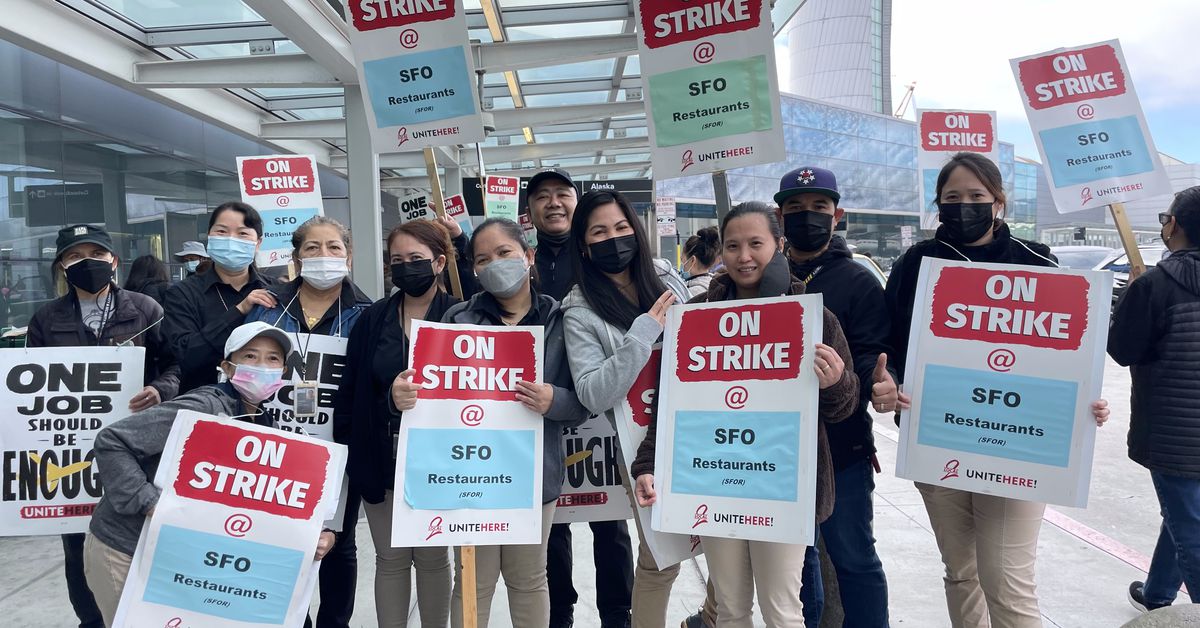


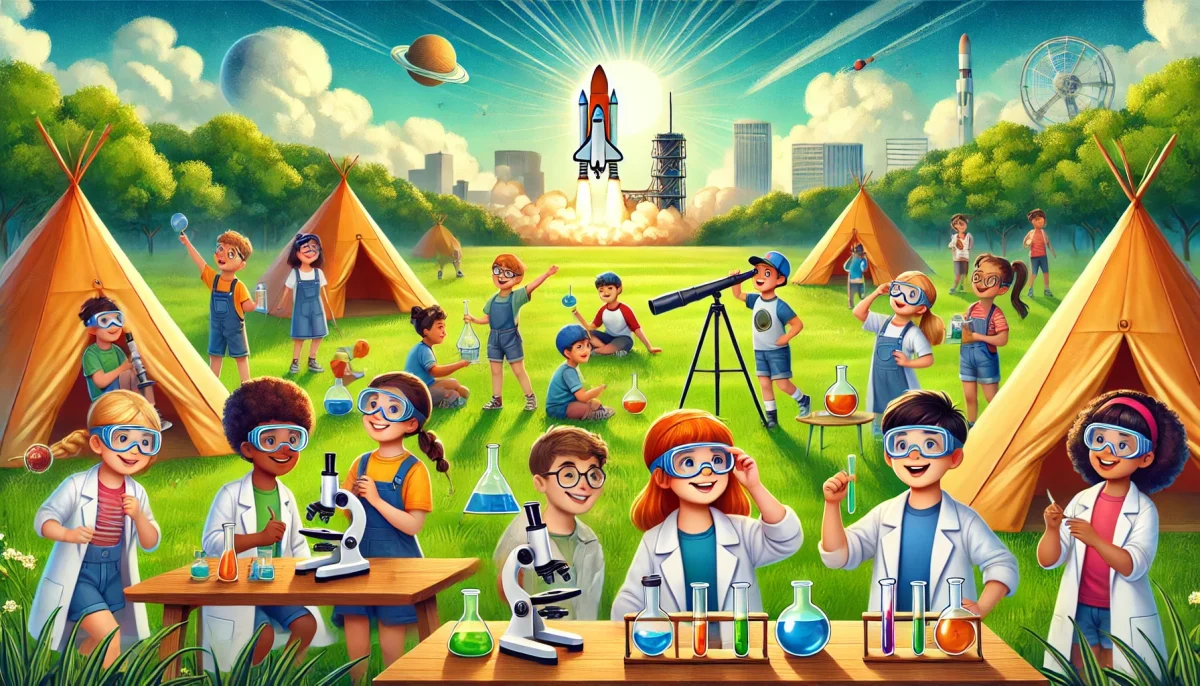
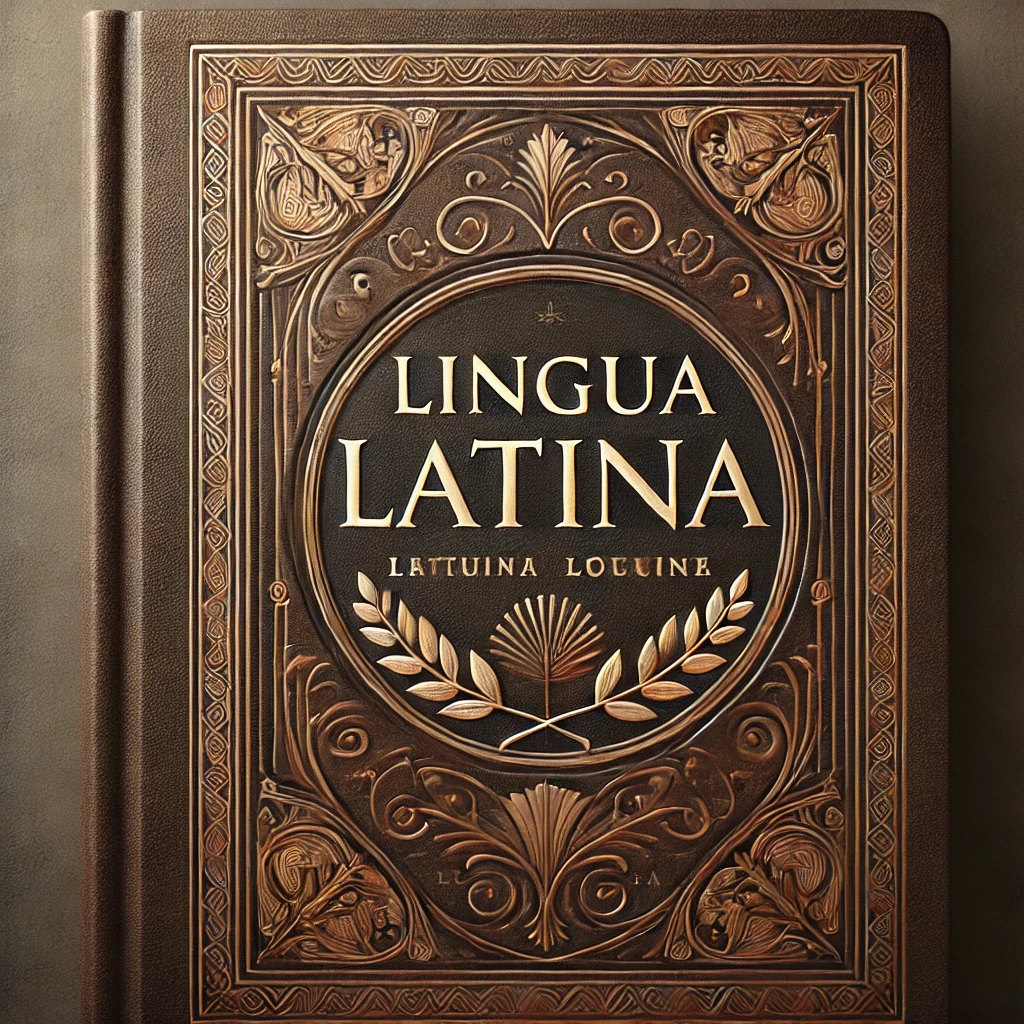


![Teacher [Milk] Tea: Part 2](https://bisvquill.com/wp-content/uploads/2024/03/Screen-Shot-2024-03-19-at-9.28.48-PM.png)
![Teacher [Milk] Tea: Part 1](https://bisvquill.com/wp-content/uploads/2024/03/milk-tea.png)




















